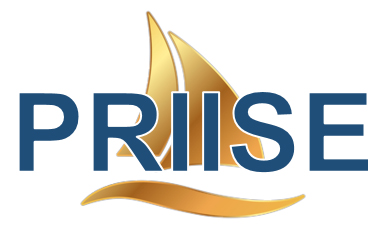
I recently attended the International AIDS Meeting in Brisbane, Australia where I discussed the latest intervention I led as a peer change agent (PCA) to help Black gay and bisexual men improve their perceived HIV risk and subsequent willingness to be referred to PrEP for prevention. Peer change agents are culturally congruent, trained professionals who understand the target population’s experiences, disseminate health information within the community, and promote healthy behaviors. Some researchers and community members asked me about the difference between this model and community health workers, who also build increasing community health knowledge and self-efficacy through a range of activities such as outreach, informal counseling, social support, and advocacy.
Specifically, the value of the PCA in POSSIBLE was partly achieved through by combining ideal characteristics guided by formative research and using a theoretically-based script that guided the PCA to build rapport, ask about personal goals and values, and anticipate Black gay mens’ PrEP disinterest so that they can tailor their responses depending upon what they said. Occasionally, the PCA discloses personal information to build trust and buy-in from participants to help them consider taking PrEP. Disclosing personal information was a direct response to previous research that Black gay men wanted clinicians and prevention scientists to use PrEP before they recommended their patients to use it to reduce stigma and build trust in the intention of community health campaigns targeting sexual minority patients. The script also provided built-in opportunities to address misinformation regarding community HIV/STI risk, side effect concerns, and navigating the healthcare system, which is similar to community health worker models.
However, this PCA model is highly significant because rather than generically relying upon sociodemographic characteristics (just being a Black gay man, someone living with HIV, or living in the same city) to engage community and help patients navigate the healthcare system, POSSIBLE created a foundation for using a PCA to address multilevel barriers in a more systematic way. Interventions using community health worker or motivational interviewing approaches often have nebulous or (missing) protocols that make it difficult to replicate or scale across multiple contexts. With the PCA model we designed, researchers can better identify the points of intervention effects and replicate this approach because of the scripted nature of the interactions, even though they are tailored at the end. It also better guided more sociological understandings of peerness and minority health promotion by 1)systematically identifying preferences for PCA characteristics from Black gay men and 2) leveraging ideal characteristics and health communication to improve perceived risks in a culturally responsive way.
Still, I also recently discussed in an autoethnography that the PCA role is not an job professionally and cannot be executed properly by individuals without training in intervention design, motivational interviewing techniques, or research ethics. PCAs must also be comfortable with disclosing personal information, which could be key to building trust in PrEP among hesitant minority community members but raises some ethical questions regarding healthcare professionalism.
Some outstanding concepts remain for optimal PCA studies-Who gets to be the PCA? How many (and which) characteristics must be congruent to build medical/research trust? How many interactions with the PCA are needed to obtain strong intervention effects? How much personal disclosure is really warranted? Is leveraging cultural congruence and staff personal experiences to motivate minority behavior change ethical?
